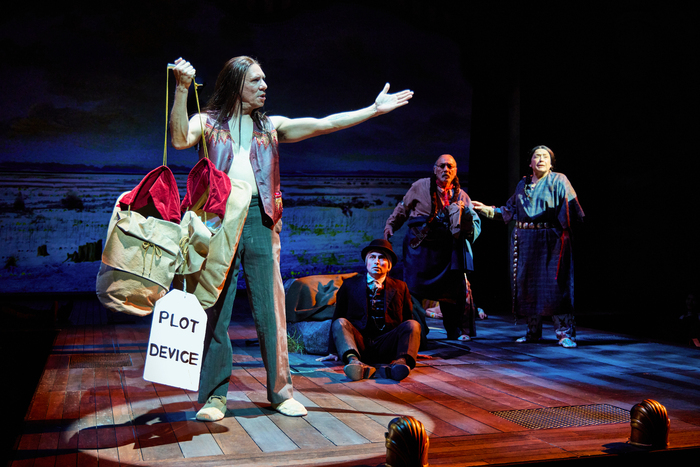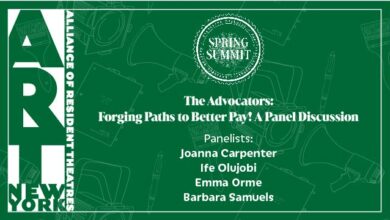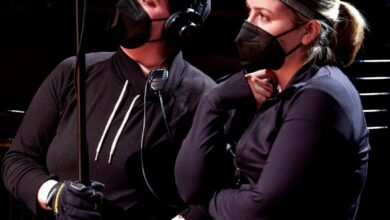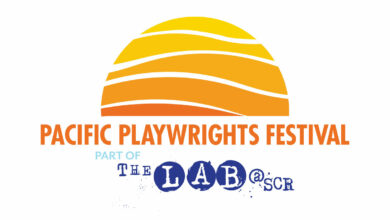On Between Two Knees, or About Other Futures

This does not mean that we should, or that we can, get rid of history. I think this means that weaving history is a never-ending practice. It will inevitably create absences, voids, and holes that demand attention and exploration. In her essay “Posession,” Suzan-Lori Parks wrote, “I´m working theater like an incubator to create ‘new’ historical events. I´m remembering and staging historical events which, through their happening on stage, are ripe for inclusion in the canon of history.” What makes performing arts unique is that the storytelling happens in real time in front of an audience, and this is experienced collectively. Parks proposes that these characteristics of theatre make it a powerful platform to investigate the gaps of historical narratives. It materializes what is lost and what is unknown. Between Two Knees embraces this principle by bringing eighty years of history to life in front of the eyes of the public.
In Between Two Knees, a troupe of Native artists tells the histories of their peoples, but they refuse to use tragedy to do so. The genre of tragedy inherited from the Ancient Greeks emphasizes how trapped humans are by destiny and how little freedom we actually enjoy. This focus is not necessarily bad—until it becomes the predominant narrative resource to tell the stories of oppressed peoples. It risks creating a world where only pain is possible and will be reproduced constantly. How, then, can we combat this? The 1491s claim their freedom from this history by laughing their asses off.
The 1491s are staging a future to respond to the past they have just narrated. This bends and liberates time, as well as the construction of history. Maybe other pasts, other presents, other futures are possible.
Near the end of act one, Irma Wolf claims that “uncensored humor borne from trauma is actually beneficial to community healing,” and this brilliant line seems to summarize the project of the show. Is it possible to make comedy about massacres, sexual abuse, war? The key here, of course, is that the ones making the jokes are those who received the violence—and I intentionally avoid the word victim as a category. When I interviewed the team, Bobby Wilson said the following:
It is so easy to fall in love with your trauma, when all of these spaces that will give you money to talk about it will pat you on the back and say, “I’m so sorry that happened to you.” Oh! That shit feels good, doesn’t it? They’re just massaging the balls of your trauma all fucking day, every time you show up with something like that. More! More! Give me more! A lot of the stuff we do is so against that. I’m in fucking therapy, I don’t like my trauma, I wanna get rid of that shit, and I don’t wanna pass it on. I have a child! I don’t want them to grow up with that. I want this kid to have a fun, amazing, beautiful life.
Humor becomes a strategy to deactivate trauma. Wilson discusses the use of narratives as a device for liberation, and so the retelling of history constitutes a collective act of transformation. By reimagining the past, the troupe makes it malleable, and so it stops constituting a burden.
The end of the play is tragic, though. After almost a century of resistance, the Wolf family doesn´t survive the reclamation of Wounded Knee. Maybe there was no way out and we needed to look the violence in the eye. But we can´t leave the theatre like that, so a hole opens in the space-time continuum and they are all saved. The deus ex machina is blatant and lacks subtlety. Larry travels back to 1491 to stop Christopher Columbus, and everyone lives happily ever after. It is shamelessly absurd and joyful as hell. The audience dances and sings together, and for some minutes we inhabit utopia. Of course, after the applause, the audience leaves the theatre and things have not changed in the real world. Maybe utopia can only last a handful of minutes. But the play has also done something more powerful. The team has dreamed the future and materialized it. Suzan-Lori Parks wrote about using theatre to stage the past, and here the 1491s are staging a future to respond to the past they have just narrated. This bends and liberates time, as well as the construction of history. Maybe other pasts, other presents, other futures are possible.




